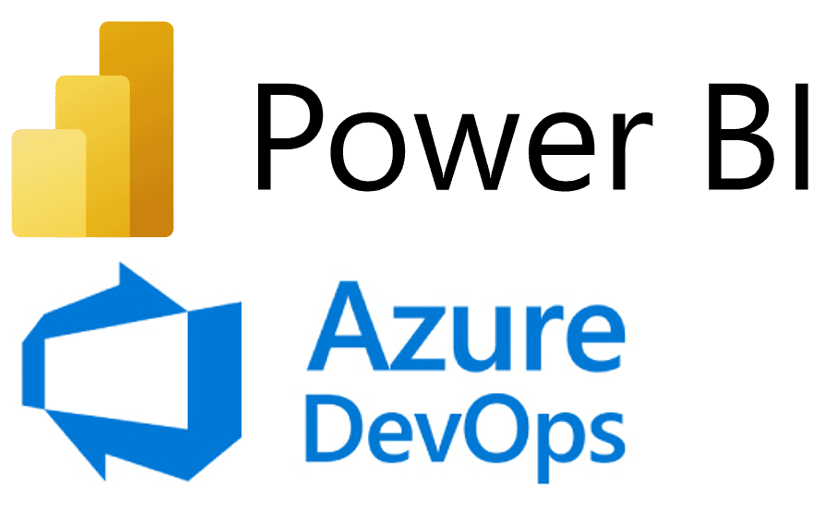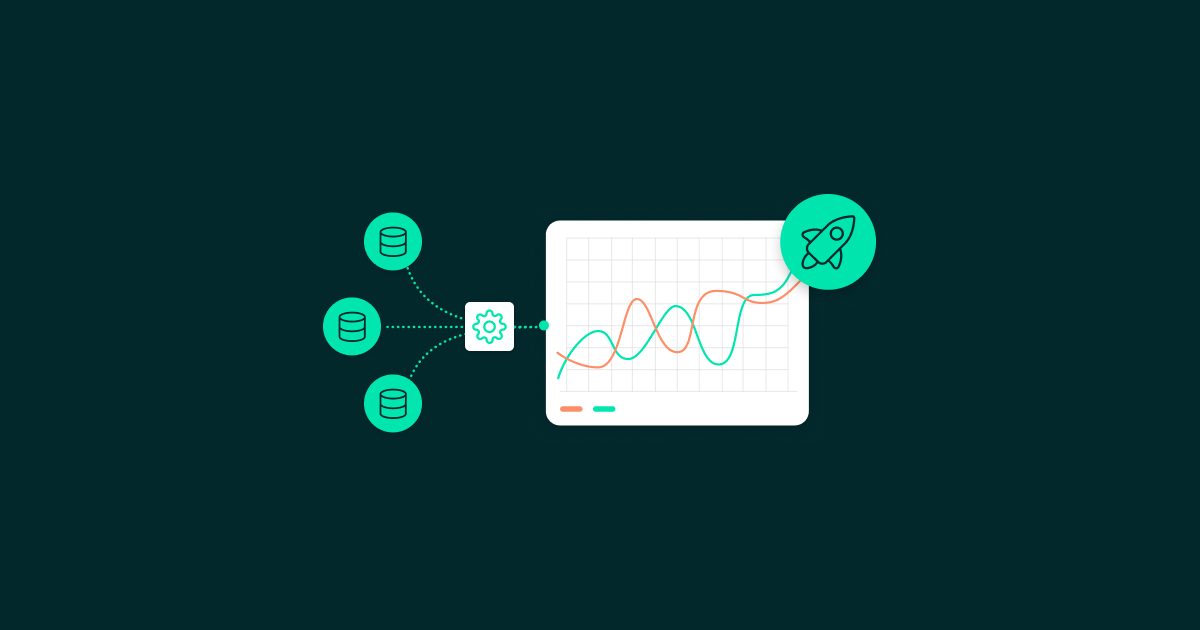

DevOps technologies enable the fast and efficient implementation of new features in a complex cloud architecture. This increases both the speed and quality of productive deployments and thus generates ever greater added value for your cloud product and your customers.

DevOps technologies enable the fast and efficient implementation of new features in a complex cloud architecture. This increases both the speed and quality of productive deployments and thus generates ever greater added value for your cloud product and your customers.
DevOps technologies enable the fast and efficient implementation of new features in a complex cloud architecture. This increases both the speed and quality of productive deployments and thus generates ever greater added value for your cloud product and your customers.

The core principles of DevOps include close collaboration between development/operations teams and use of unified software solutions to automate various manual tasks. The typical work cycle in the DevOps model consists of the following phases: Plan, Implement, Test, Deploy, Operate, Monitor, Feedback. The individual phases form a highly iterative flow over time in order to fulfill emerging customer requirements as quickly as possible. Translated with www.DeepL.com/Translator (free version)
Use existing know-how in combination with cloud-native services from Azure, AWS and GCP.
Systematic recording and planning of tasks with Scrum and Kanban boards.
Code versioning for both the product and the underlying infrastructure.
Automated deployment and testing through continuous integration and continuous delivery (CI/CD) pipelines.
Saving build artifacts in a cloud-native artifacts repository or container image registry.
Dedicated microservices and container services for modern distributed applications.
Unlimited memory and compute resources for upscalability and flexibility.


































Introduction Power BI has become the heart of modern reporting landscapes. Yet, as projects scale, multiple developers collaborate, and ...

In our previous article, we dove into the whats and whys of Data Quality (DQ), and saw that it isn’t just a buzzword, it...

A Deep Dive Case Study into Methodologies and the RAGAS Library In our previous article, we explored why systematic evaluation of ...

Why does it matter? Large language models (LLMs) have moved beyond experimental phases to become mission-critical in modern enterprises. ...
You will shortly receive an email to activate your account.